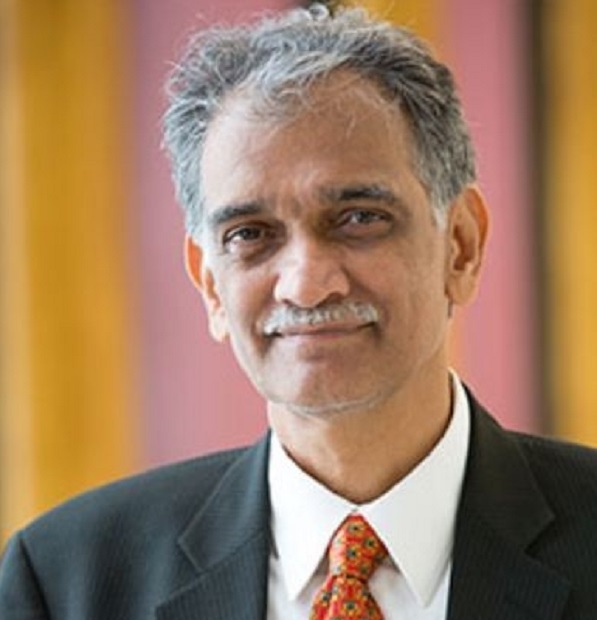Kochi, (Asian independent) Researchers from School of Nanosciences and Molecular Medicine at Amrita Vishwa Vidyapeetham here have won a patent in the US and Australia for a novel nanomedicine that holds great promise for early detection and treatment of liver cirrhosis and liver tumour.
The invention is the outcome of a research project funded by the Nanobiotechnology Task Force of Deptartment of Biotechnology of Government of India.
Shantikumar V. Nair and Manzoor Koyakutty from Amrita School of Nanosciences and Molecular Medicine in Kochi led a team to create a special type of nanomedicine that responds to radio wave signals sent from outside the body.
Once the nanoparticles are injected into a tumour, they can be heated up using external, medically approved radio waves. Doctors can visualise the tumour using an MRI machine and burn it off in a controlled manner.
Amrita researchers have demonstrated that the novel technology can be used for early detection of liver cirrhosis and liver tumour, early-stage image-guided treatment of liver tumour using radio-frequency ablation therapy as well as labelling and tracking the movement of stem cells inside the body after stem-cell transplantation to assess how effective the therapy has been.
Koyakutty said that they have made a unique nanomedicine that can be used for medical imaging, combined with drug delivery.
“Its particles are made of synthetically prepared calcium phosphate, a biomineral present in our bones. Generally, chemically prepared inorganic nanoparticles cause safety issues when used as nanomedicines. However, as a biomineral, calcium phosphate is biocompatible and biodegradable, hence totally safe for human use,” said Koyakutty.
Shantikumar V. Nair said that they are currently investigating cancer-immunotherapy application potential of these nanoparticles with support of Biotechnology Industry Research Assistance Council (BIRAC) and an Indo-Swiss collaboration with Ludwig Cancer Research Institute, University of Lausanne, and University of Geneva, Switzerland.
“We are now testing regulatory safety studies in large animal models. We expect to conduct human trials of the nanomedicine within the next one year,” Nair said.








